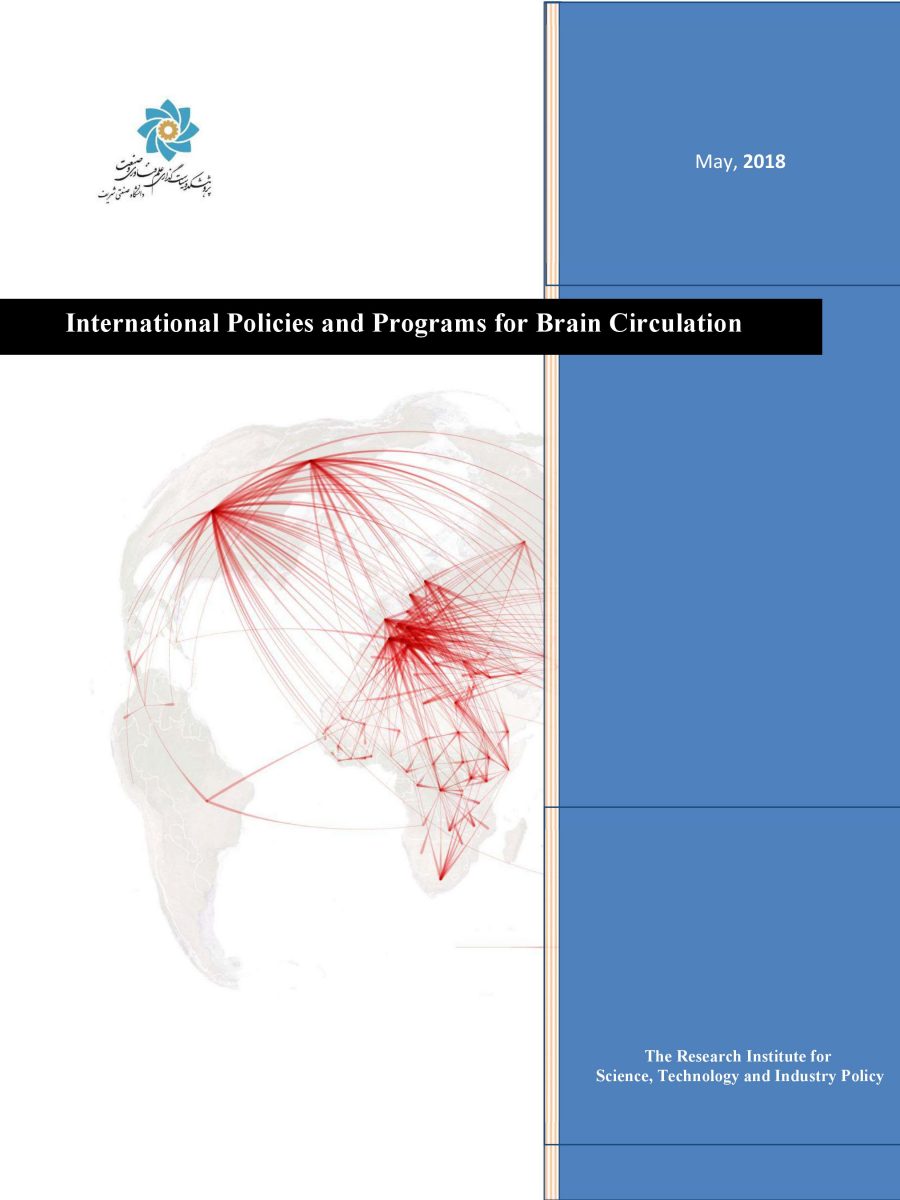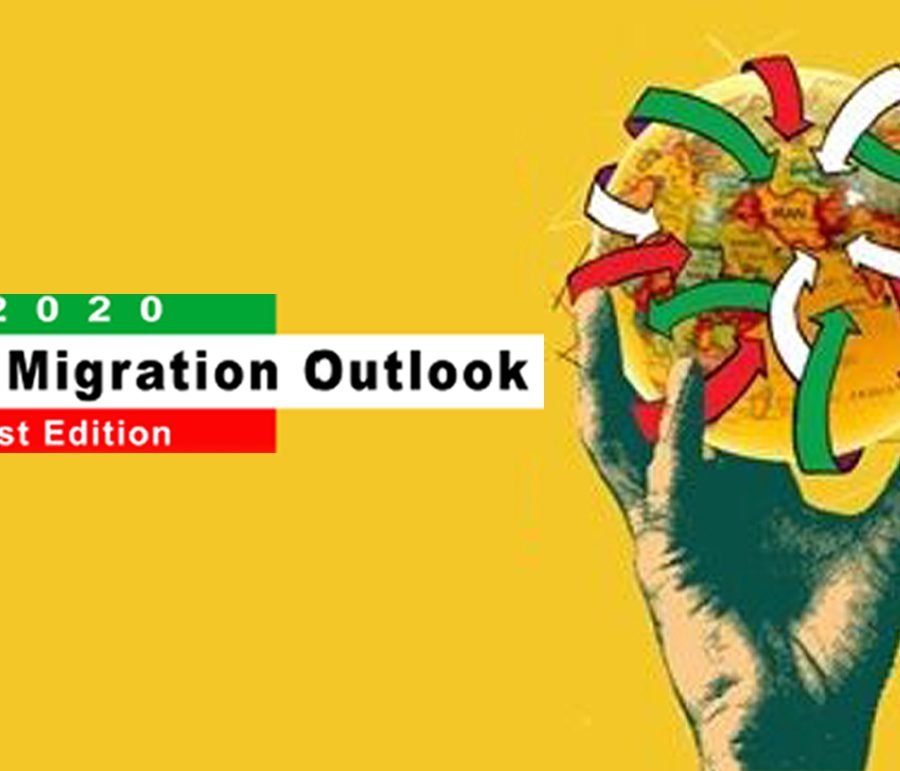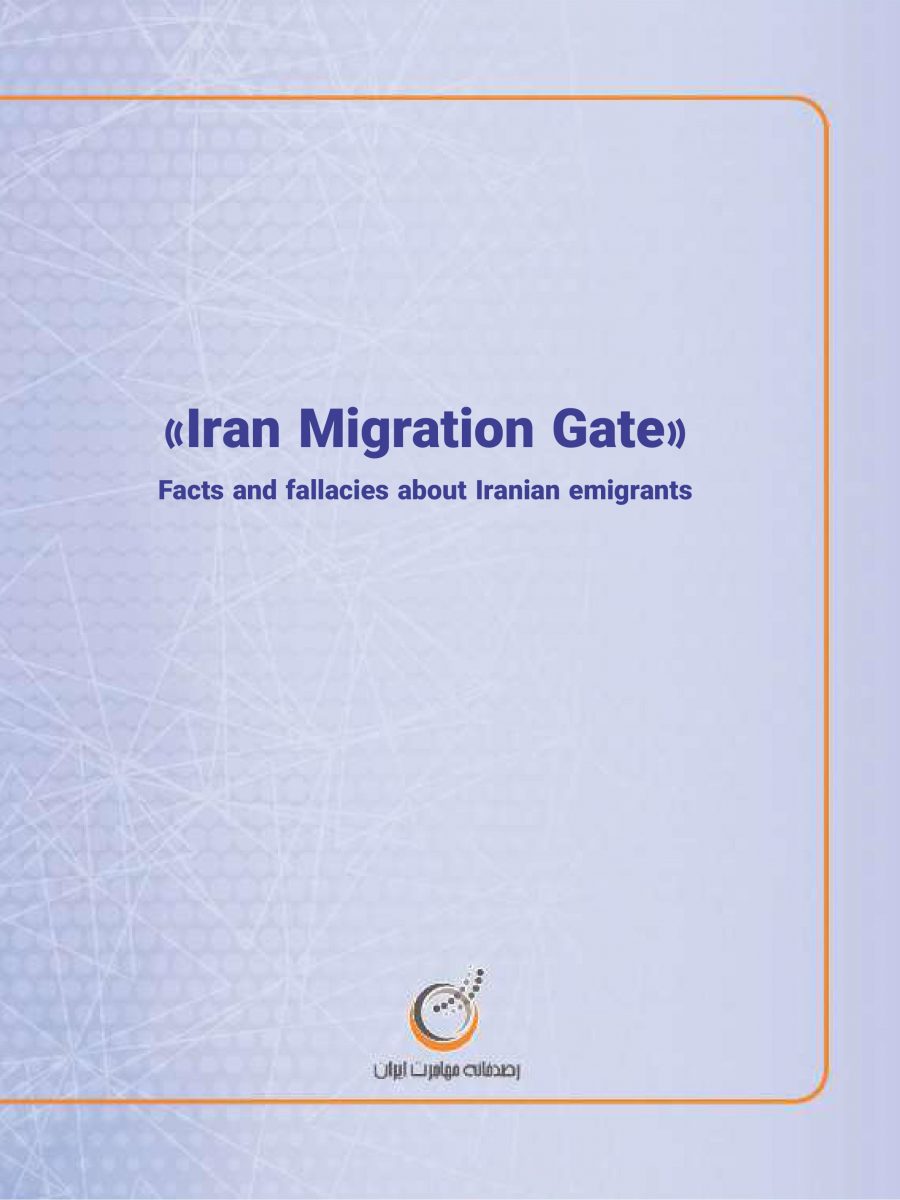
Global Wealth Circulation
2019-07-02
Desire to re-migrate among people who emigrated before
2019-07-02Abstract:
Migration is one of the major consequences of globalization which has led to a raise in mobility of skills, knowledge, ideas, and wealth beyond boundaries, especially increasing mobility of talents and highly skilled people. “Talent circulation”, refers to “Elite circulation” or “Brain circulation” and it is a term commonly used to describe mobility of skilled migrants who live and work in foreign countries for a certain period.
There are different definitions about human talents. Ed Michaels in his book (2001) “The war for talent”, argues that talent means one’s abilities, skills, knowledge, experiences, intelligence, judgment, insight, personality, and motivation as well as his/her ability to learn. For Solimano, talent source consists of a group of elites who use their skills and ideas to generate, innovate, trade as well as for scientific, social and cultural activities. Their reward is usually based on their qualification and help to expand basic knowledge and enhance productivity and profitability of business (Solimano, 2008). In 21st century, some Asia-Pacific countries tried to propose policies to encourage professionals to return their countries and also to attract professionals from other countries. But the second step of upgrading policies for returning and attracting skilled migrants to the main countries of origin of international migrants followed after the financial crisis (2008) in the world.
To read the full text, please contact us. (report is available in Persian)




